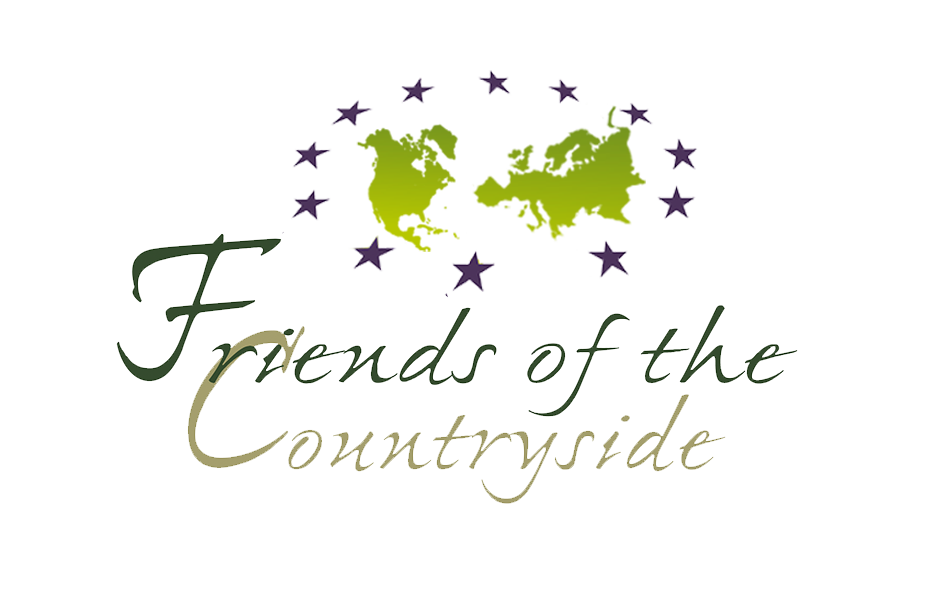Crop Protection
Nearly without exception, all productive European agriculture depends on the use of crop protection products. Without these, farmers would lose staggering amounts of yield and consumers would be at serious risk of food-borne diseases.
By necessity, the crop protection tools must be toxic, otherwise they would not counteract the pests, diseases, and weeds that can cause serious harm to our food supply. ELO fully understands that this toxicity is a matter of concern to many.
However, Europe currently appears to be on an unsustainable track of removing such products from the market without providing adequate alternatives to farmers, or even forcing them to rely on other, often more harmful, products and methods. Very often, European and national politicians seem satisfied to take products off the market without providing suitable, equally safe alternatives.
In 2019, the election of the new European Parliament has seen a further uptick in this attitude, with many new Parliamentarians issuing dire but unfounded warnings about the use of chemical crop protection. As citizens and consumers, everyone has a right to question the production methods of their food and ask for it to do better, but this should always rest on a firm scientific foundation.
In 2020, we will see the rollout of the EU’s Farm to Fork Strategy which has promised to reduce the use of crop protection in Europe; a goal that all land managers can support as long as it is scientifically founded, realistic in practice, and ultimately better for human health and the environment. We will also see the return of the argument over glyphosate, which has just started its submission for re-authorisation.
However, Europe currently appears to be on an unsustainable track of removing such products from the market without providing adequate alternatives to farmers, or even forcing them to rely on other, often more harmful, products and methods. Very often, European and national politicians seem satisfied to take products off the market without providing suitable, equally safe alternatives.
In 2019, the election of the new European Parliament has seen a further uptick in this attitude, with many new Parliamentarians issuing dire but unfounded warnings about the use of chemical crop protection. As citizens and consumers, everyone has a right to question the production methods of their food and ask for it to do better, but this should always rest on a firm scientific foundation.
In 2020, we will see the rollout of the EU’s Farm to Fork Strategy which has promised to reduce the use of crop protection in Europe; a goal that all land managers can support as long as it is scientifically founded, realistic in practice, and ultimately better for human health and the environment. We will also see the return of the argument over glyphosate, which has just started its submission for re-authorisation.

